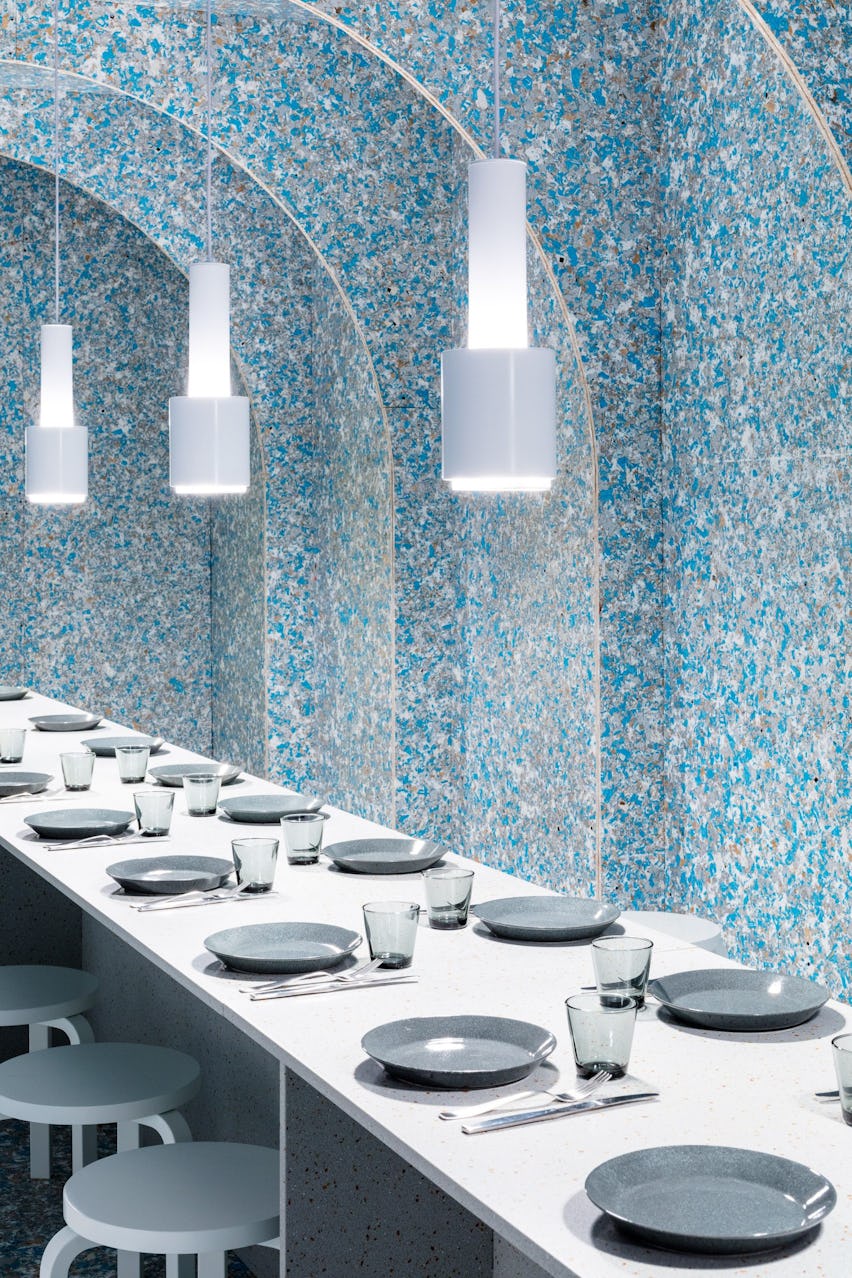Additionally, all of the paperboard is certified through the Forest Stewardship Council, which means it is sustainably sourced. If that’s not impressive enough, a Life Cycle Assessment commissioned by Tetra Pak and independently reviewed found that in Australia cartons have the lowest or equal lowest carbon footprint of all packaging considered including plastic, glass and cans. However, every solution has its unique challenges.
Cartons can be produced sustainably and are technically recyclable, but like most other types of food packaging it can be tricky to work out how to recycle them correctly. Waste management of cartons is complex due to the composite materials that make up the packaging in order to keep contents safe often without the need for preservatives and refrigeration.
While the major component in all food and beverage cartons is paperboard, those with fresh contents come with a thin layer of plastic and those for long-life contents come with an aluminium layer. At present, local recyclers are limiting what paper and cardboard they accept because of the oversupply of recovered fibre in Australia. The additional materials in cartons result in some councils and their waste contractors preferring not to receive them in kerbside collection. Nevertheless, the majority of residents can still recycle cartons through kerbside recycling and Container Deposit Schemes (CDS) across Australia. To overcome this roadblock, solutions are being created through the collaborative effort of all stakeholders.
To close the loop on cartons and truly leverage the circularity this packaging solution offers, the major industry players, including Tetra Pak, gathered to acknowledge current gaps in the value chain and worked to provide a solution. That innovative resolution involves recycling both fresh and long-life cartons into a new construction material called saveBoard, so your milk and juice boxes can become new walls!
saveBoard Australia's vision is to tackle packaging waste and turn it into building material. It has received a grant worth $1.74 million from the Federal and NSW Government to build a new facility in NSW that turns packaging waste such as used cartons and takeaway coffee cups into low carbon, environmentally sustainable, high-performance construction boards for the Australian building market. More facilities are also being planned to ensure cartons can be recycled around the country.

The facility will process beverage cartons collected through kerbside recycling and CDS programs, coffee cups collected through the 'Simply Cups' recycling program and paper waste from Shred-X, along with other fibre-based packaging such as ice cream cartons. The technology uses heat and compression to bond these materials, eliminating the need for glues or other chemical additives to produce a clean product with zero volatile organic compounds (VOCs) that is suitable for residential and commercial buildings. The end product is a low-carbon building board that works as a substitute for plasterboard, particleboard, and oriented strand board (OSB) that can be used for interior and exterior applications.
Circular solutions are crucial for reducing human impact on the environment and keeping materials away from landfills and in the production-consumption loop. This solution is a part of the low carbon circular economy, which aligns with Australia's 2025 National Packaging Target to shift to 100% reusable, recyclable or compostable packaging. Tetra Pak is partnering with SIG Combibloc and saveBoard to work with multiple stakeholders along the value chain to bring this technology to NSW is a true example of cross-industry collaboration. The facility is expected to be operational around November 2022.
Soon your cartons will make up walls, but until then make sure to check whether your local council accepts cartons in kerbside collection or if they can be recycled through your state CDS scheme with Recycling Near You.
If you are interested to learn more about Tetra Pak’s sustainability initiative, click here.